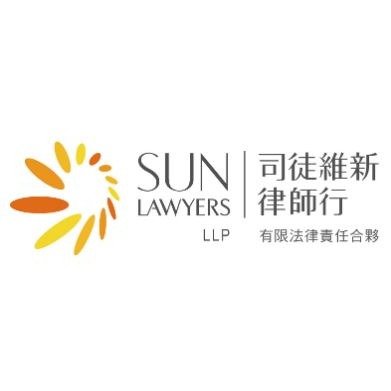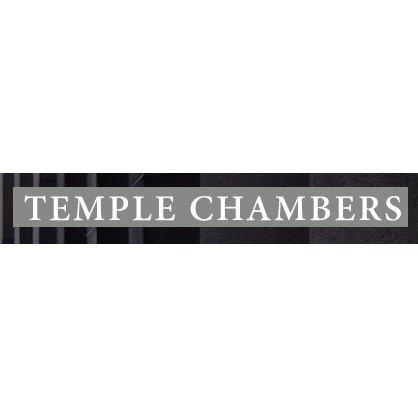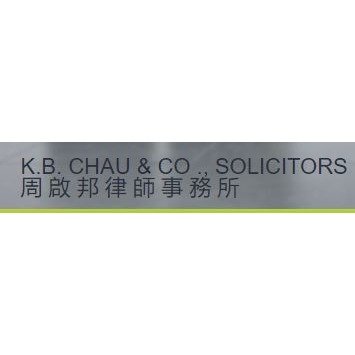Best Child Abuse Lawyers in Admiralty
Share your needs with us, get contacted by law firms.
Free. Takes 2 min.
Free Guide to Hiring a Family Lawyer
List of the best lawyers in Admiralty, Hong Kong
About Child Abuse Law in Admiralty, Hong Kong
Child abuse law plays a vital role in safeguarding children's rights and well-being in Admiralty, Hong Kong, reflecting the region's commitment to ensuring child safety. The Protection of Children and Juveniles Ordinance (Cap 213) is the primary legislation used to deal with child abuse cases. It deals with issues like cruelty to children, neglect, and failure to provide for a child's basic needs.
Why You May Need a Lawyer
Legal situations in relation to child abuse can be immensely complex and emotionally draining. You might need an attorney's assistance if you’ve been accused of child abuse, if you believe your child is being abused, or when you’re a professional dealing with a suspected case of child abuse. In particular, a knowledgeable lawyer can help you navigate through challenges like removal proceedings, restraining orders, guardianship, and criminal charges.
Local Laws Overview
The primary legislative instrument to safeguard children from abuse in Admiralty, Hong Kong is the Protection of Children and Juveniles Ordinance (Cap 213). It protects minors from willful assault, neglect, and any form of maltreatment. Moreover, the Crime Ordinance (Cap 200) deals with severe abuse cases, setting out punishments for crimes like causing grievous bodily harm, wounding, and unlawful actions endangering life. The Family Status Discrimination Ordinance (Cap 527) may also play a role, particularly in situations where the abused child is disabled.
Frequently Asked Questions
1. What constitutes child abuse in Hong Kong?
In Admiralty, Hong Kong, child abuse includes physical maltreatment, sexual abuse, emotional abuse, and neglect that leads to actual or potential harm to the child's health, development, or dignity.
2. What actions can I take if I suspect my child is being abused?
You can report your concerns to the Social Welfare Department or local authorities. Depending on the seriousness of the allegation, they might initiate an investigation, and you may also want to consult with a lawyer about your legal rights and options.
3. Is corporal punishment considered child abuse under Hong Kong law?
Corporal punishment, despite its prevalence in some societies, can be considered child abuse under Hong Kong law if it causes harm to the child's physical, emotional, or psychological wellbeing.
4. Can a third party report suspected child abuse?
Yes, anyone who suspects child abuse can report it to the authorities in Hong Kong. In fact, professionals such as educators and medical practitioners are legally obliged to do so.
5. Are child abuse records public in Hong Kong?
No, child abuse records are not public and are protected to maintain the child's privacy. However, certain authorized agencies can request access if necessary and legitimate, for example, during legal proceedings.
Additional Resources
The Against Child Abuse (ACA) is a non-governmental organization dedicated to promoting children's rights in Hong Kong. The Social Welfare Department and the Family and Child Protective Services Units (FCPSUs) provide a range of services to children and families affected by child abuse. The Law Society of Hong Kong also often provides pro-bono legal representation in child abuse cases.
Next Steps
If you suspect abuse or are accused of child abuse, you should immediately report the situation to local authorities. Consider seeking legal advice to understand your rights and duties. Hiring an experienced child abuse lawyer can be essential in navigating legal and procedural challenges related to child abuse cases.
Lawzana helps you find the best lawyers and law firms in Admiralty through a curated and pre-screened list of qualified legal professionals. Our platform offers rankings and detailed profiles of attorneys and law firms, allowing you to compare based on practice areas, including Child Abuse, experience, and client feedback.
Each profile includes a description of the firm's areas of practice, client reviews, team members and partners, year of establishment, spoken languages, office locations, contact information, social media presence, and any published articles or resources. Most firms on our platform speak English and are experienced in both local and international legal matters.
Get a quote from top-rated law firms in Admiralty, Hong Kong — quickly, securely, and without unnecessary hassle.
Disclaimer:
The information provided on this page is for general informational purposes only and does not constitute legal advice. While we strive to ensure the accuracy and relevance of the content, legal information may change over time, and interpretations of the law can vary. You should always consult with a qualified legal professional for advice specific to your situation.
We disclaim all liability for actions taken or not taken based on the content of this page. If you believe any information is incorrect or outdated, please contact us, and we will review and update it where appropriate.















